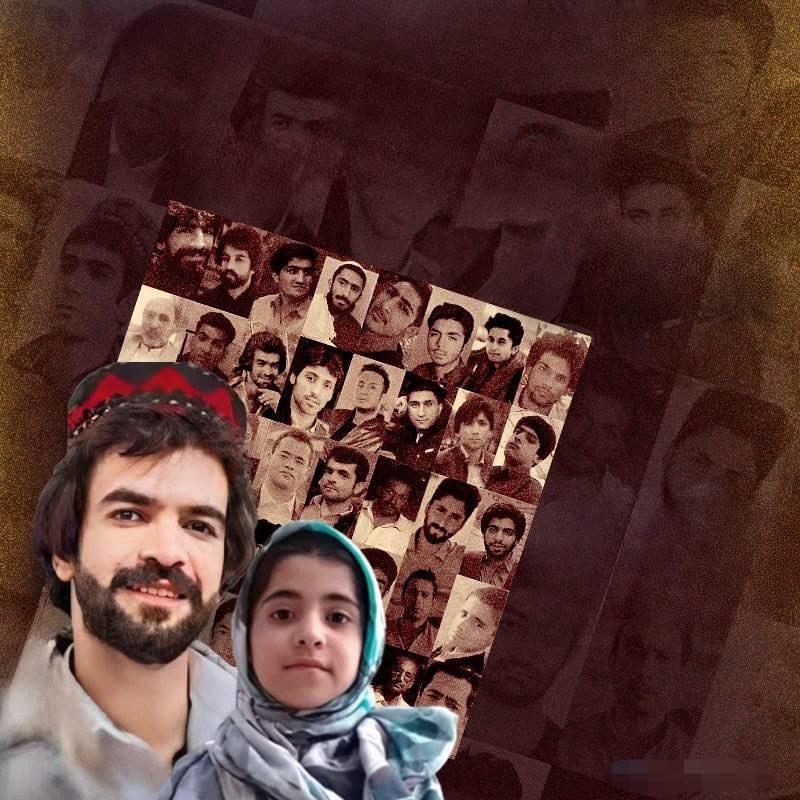According to the Balochistan Human Rights Group, on Monday, August 5, 2024, the Independent International Fact-Finding Mission on the Islamic Republic of Iran reported in a new supportive document that ethnic and religious minorities in Iran, particularly the Kurdish and Baloch nations, have been disproportionately and excessively affected by the repression of the Islamic Republic of Iran against protesters since 2022. These consequences are a direct result of longstanding discriminations that must end immediately.
The document details a broad range of egregious human rights violations committed by security forces in Iran against members of minority communities. These violations include extrajudicial killings, extrajudicial executions, unnecessary use of lethal force, arbitrary detentions, torture, sexual assault, enforced disappearances, and gender-based harassment, many of which constitute crimes against humanity. Ethnic and religious minority children during the protests have been subject to severe human rights violations, including killings, injuries, enforced disappearances, detention, torture, sexual assault, and other forms of sexual violence, leading to lasting harm.
The document states: “No matter how much is said about the impact and consequences of the protests on ethnic groups, it will not be an exaggeration. The social fabric of affected communities has been damaged. Women from ethnic and religious minorities face specific harms that are exacerbated due to discrimination and violence against them both as women and as members of minority groups. The impact of this repression on children is generational, and its multidimensional harm may continue for decades.
The United Nations Independent Fact-Finding Mission, noting the heavy presence of military and security forces in the border provinces of Iran where minority populations reside, states that this has led to ethnic and religious minorities experiencing the highest number of deaths and injuries during the uprising.


